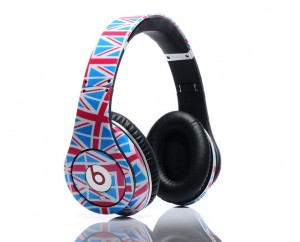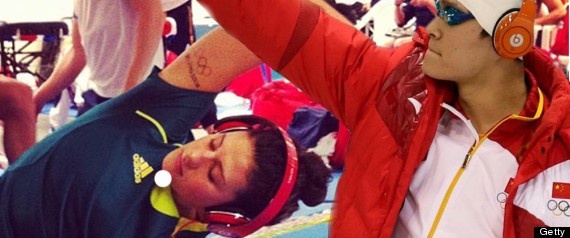Companies all over the world regarded the 2012 Summer Olympics, which took place in London, England, as a tremendous marketing opportunity. According to Statista, the 2012 Olympics reached a record number of views, at 4.8 billion viewers worldwide.
Additionally, National Public Radio deemed the seventeen-day sporting affair the most watched television event in U.S. history. The vast coverage and broadcasting of the Olympic Games generated an extremely coveted marketing prospect for companies, causing the International Olympic Committee to create strict sponsorship and marketing rules. Firms commit to million dollar deals in order to gain official sponsorship rights and advertise at the event.
However, without paying for sponsorship rights, Beats by Dre (a headphones and HD sound-system company) “skirted strict rules on marketing by sending British team members special versions of the Beats range branded with union flag colours” (The Guardian.co.uk). Dr. Dre, founder of Beats by Dre, also quietly sent numerous special versions of his headphones to Olympic athletes including Michael Phelps, Laura Robson, Tom Daley, and various other competitors.
Because Dr. Dre had no sponsorship rights for the 2012 Olympic Games, his “under the table” advertising strategy is considered ambush marketing. His eye-catching headphones were spotted at many events over the seventeen days and successfully captured the attention of millions of spectators. This type of marketing has happened a number of times in the past, and raises interesting ethical questions. Is it right to capitalize on an event without paying sponsorship fees? Can Beats by Dre really be punished for giving out free products to hardworking athletes? There are many mixed beliefs on ambush marketing, yet this event certainly raised the attention of IOC lawyers and Panasonic in particular, an angry official sponsor of the 2012 Summer Olympics.



bokep streaming online